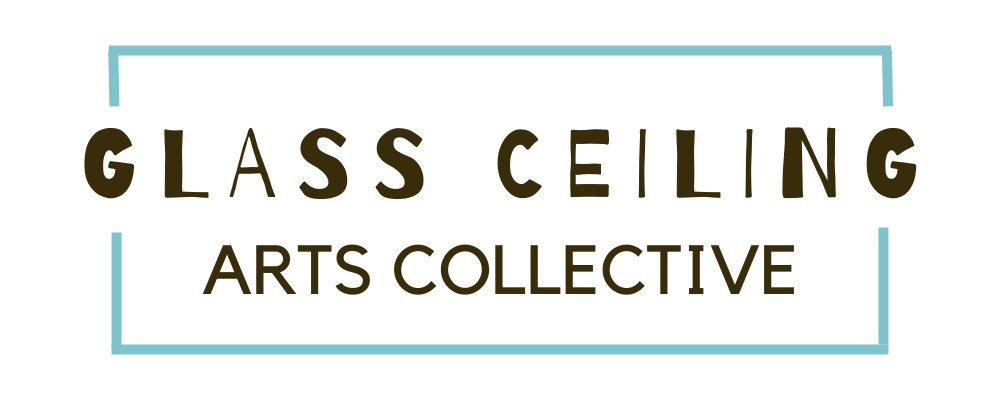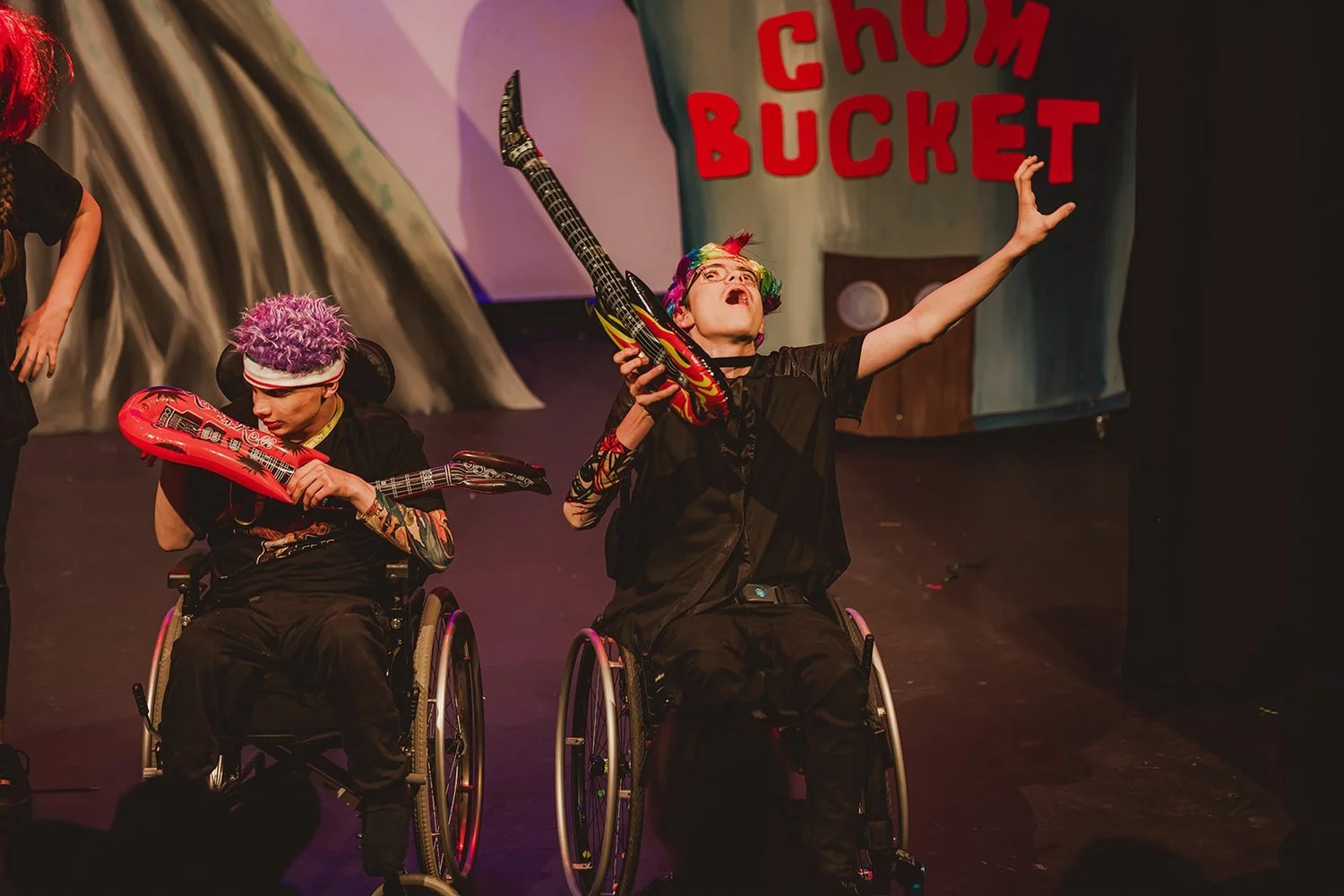Reflecting on a new report from IHC New Zealand
"The Cost of Exclusion: Hardship and People with Intellectual Disability in New Zealand”
In June 2025, IHC New Zealand released a new report which explores the depth of poverty experienced by people with intellectual disabilities.
For Glass Ceiling Arts Collective, this report provides a timely opportunity to reflect on the key issues and challenges it raises, and consider how our work addresses the needs and rights of people with intellectual disabilities through inclusive, empowering arts programmes.
The Challenge of:
Poverty and Material Hardship
Report Finding:
People with intellectual disabilities experience significantly higher rates of hardship including food insecurity, poor housing, inability to afford clothes or social participation, and reliance on emergency financial aid.
Glass Ceiling:
Glass Ceiling runs low-cost, inclusive performing arts classes and offers pay-what-you-can ticketing, making participation and access financially feasible for families experiencing material hardship.
The Challenge of:
Limited Employment and Career Pathways for People with Intellectual Disability
Report Finding:
Adults with intellectual disability are much less likely to be employed and often lack access to meaningful vocational pathways. Many want to work but face barriers to inclusion and support.
Glass Ceiling:
Training and Professional Development: Glass Ceiling supports participants to develop creative skills that are transferable to wider arts and media industries, helping bridge the gap between passion and profession.
Our Adult class, which is held in the Freemans Bay Community Centre each Tuesday, is an 18 month skills-based training programme geared to disabled adults who would like careers in the performing Arts. It’s led by industry expert, John Davies. John’s extensive CV includes work as a Theatre Studies lecturer at the University of Waikato and Curriculum Leader of the undergraduate degree in Acting for Stage and Screen at Unitec. Our goal is that this 18 month programme becomes recognised with NZQA accreditation, to help our graduates find meaningful employment.
Creating Real Work Opportunities: Glass Ceiling provides paid opportunities to Disabled artists as performers, co-creators, mentors, and tutors.
The Challenge:
Social Isolation and Lack of Participation
Report Finding:
Children and adults with intellectual disability are much more likely to experience social isolation and exclusion from community activities, including fewer opportunities to make friends or participate in group events.
Glass Ceiling:
Community Building Through the Arts: Glass Ceiling programmes foster social inclusion by creating safe, celebratory spaces where Disabled youth and adults collaborate with peers and professionals (both disabled and non-disabled peers).
Creative Collaboration: Rehearsals, performances, and film productions provide consistent opportunities for connection, teamwork, and community pride.
The Challenge:
Systemic Invisibility and Lack of Representation
Report Finding:
Despite rights enshrined in the UNCRPD, people with intellectual disabilities are often excluded from public life, culture, and decision-making. Their contributions and voices remain under-recognised.
Glass Ceiling:
Representation on Stage and Behind the Scenes: Glass Ceiling places Disabled people at the centre of the artistic process - not just as participants but as writers, performers, and designers.
Advocacy through Art: By showcasing the talents of Disabled artists in public performances, Glass Ceiling challenges stereotypes, raises awareness, and advocates for systemic change in the arts and beyond.
The Challenge:
Emotional Strain on Families and Caregivers
Report Finding:
Caregivers — especially mothers — face emotional exhaustion, career disruption, social isolation, and health challenges due to the lack of adequate support.
Glass Ceiling:
Whānau-Positive Approach: Glass Ceiling programmes offer affirming environments where family members can see their loved ones thrive, reducing feelings of isolation and burden. Glass Ceiling is an endless community which includes tutoring staff, participants and their whole whanau, audiences, and more.
Celebration of Achievement: Performances and community showcases validate the talents of Disabled artists, creating moments of joy, pride, and relief for families who often face systemic barriers.
Super engaged performers enjoying “their” moment on stage in Spongebob.
The Challenge:
Barriers to Support and Inaccessible Systems
Report Finding:
People with intellectual disability face complex, delayed, and often insufficient access to support systems, from healthcare and housing to education and funding.
Glass Ceiling:
Minimising Bureaucracy for Participation: Glass Ceiling makes access simple. Programmes are inclusive by design, not dependent on formal diagnoses or lengthy assessments.
Collaborative Design: Programmes are shaped in collaboration with Disabled artists and their families, ensuring they reflect real needs, strengths, and lived experiences.
In Summary
Glass Ceiling Arts Collective actively addresses the exclusion and systemic inequities documented in the “Cost of Exclusion” report. By centring Disabled people as artists, professionals, and changemakers, Glass Ceiling not only addresses material and social hardship but also fosters representation, inclusion, and hope for individuals, families, and the sector.
Click to read the full report.







